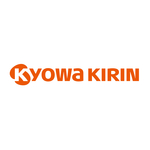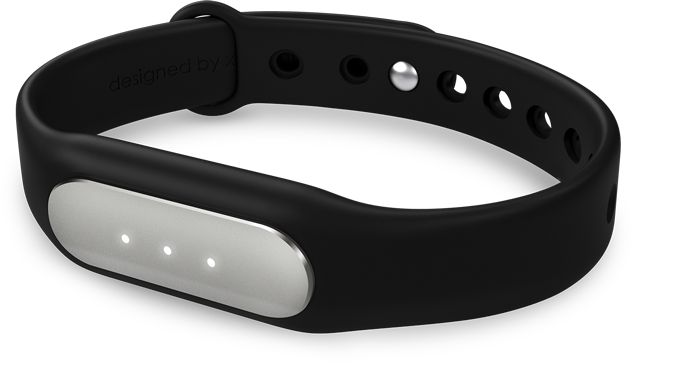Findings presented at the 65th annual American Society of Haematology meeting in San Diego, CA.
TOKYO--(BUSINESS WIRE)--Kyowa Kirin International (KKI), a wholly owned subsidiary of Kyowa Kirin Co. Ltd, today announced health-related quality of life (HRQL) findings from a post hoc analysis of the MAVORIC trial in patients with mycosis fungoides (MF) or Sézary syndrome (SS), two subtypes of cutaneous T-cell lymphoma (CTCL).
Researchers analysed baseline data collected prior to initiation of study treatment and found the symptoms of advanced MF/SS affected HRQL across all domains, with poorer HRQL associated with being younger in age, female, having moderate or severe itching, and impaired function as measured by the Eastern Cooperative Oncology Group performance status (ECOG PS).
“CTCL is a chronic, life-long condition. Understanding how symptoms impact an individual physically, emotionally as well as in their daily life is critical,” said Susan Thornton, Chief Executive Officer, Cutaneous Lymphoma Foundation and one of the study authors. “The data provide new insights into the burdens of living with CTCL, and the patient characteristics associated with a poorer quality of life - important factors to consider when developing a care plan for a patient.”
Cutaneous T-cell lymphoma is a rare form of non-Hodgkin’s lymphoma that most prominently affects the skin, presenting as patches, plaques, tumours or erythroderma (reddening of the skin), and may be associated with severe pruritus (itching). In advanced cases, the disease may spread to the lymph nodes, blood, and/or viscera.
To determine the impact of CTCL on HRQL, researchers analysed data collected at baseline from 372 MAVORIC trial participants using Skindex-29, which evaluates the effect of skin disease on HRQL; the ItchyQol, which is a pruritus-specific measure of HRQL; and the Functional Assessment of Cancer Therapy – General (FACT-G), which measures HRQL in people with cancer. The findings were analysed at the individual question level and scored according to instrument guidelines. Bivariate analysis (t-tests and ANOVA) was used to identify demographic and medical history variables that had a relationship with HRQL. LASSO (least absolute shrinkage and selection operator) regression analysis was used to identify factors that may drive poor HRQL.
Results show the symptoms of advanced MF/SS affected HRQL across all domains with worse scores seen in Symptoms for Skindex-29, Well-being for FACT-G and Functioning for ItchyQoL. In bivariate analysis, a worse total score across all three HRQL measures were related to being younger, female, having moderate or severe pruritis, ECOG performance status 1 or 2, and higher mSWAT (Modified Severity-Weighted Assessment Tool) scores. In multivariate analysis, worse HRQL was associated with being younger, female, moderate or severe pruritus and impaired function (as measured by ECOG PS). Researchers concluded that assessing a patient’s disease concerns may help guide treatment goals and therapeutic choice.
About MAVORIC
MAVORIC (Mogamulizumab anti-CCR4 Antibody Versus Comparator In CTCL) was an international, open label, Phase 3, randomised controlled trial that evaluated the safety and efficacy of Poteligeo® (mogamulizumab) versus vorinostat in patients with relapsed or refractory MF or SS (stage IB–IVB) previously treated with at least one systemic therapy. The study population (n=372) had a mean age of 63 years (SD 13.0). Fifty-five percent of patients had MF, 45% SS, and 77% had advanced disease (stage IIB–IV). The disease involved the skin in all patients and the blood and/or nodes in 66%. ECOG performance status was stage 0, 1, and 2 in 56%, 43%, and <1% of patients, respectively.
To view the full press release, click here.
KKI/INT/MOG/1002
Date of preparation: December 2023
Contacts
Contacts for Kyowa Kirin Co., Ltd.:
Media
Jonathon Sheppard
Email: [email protected]












